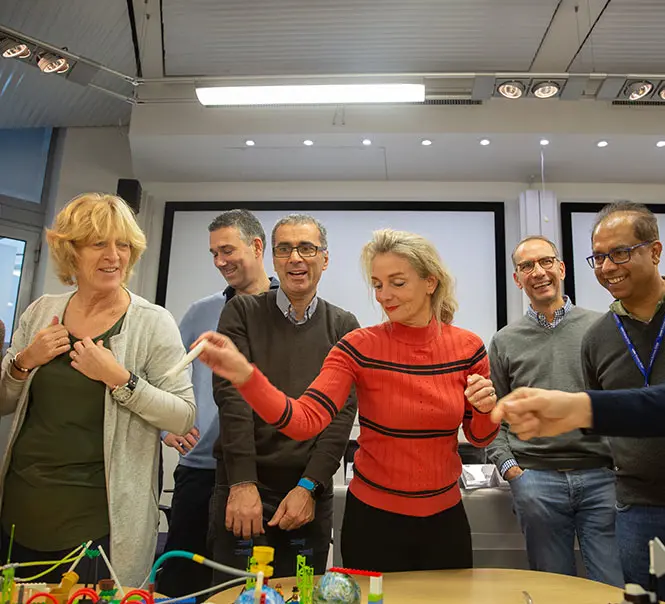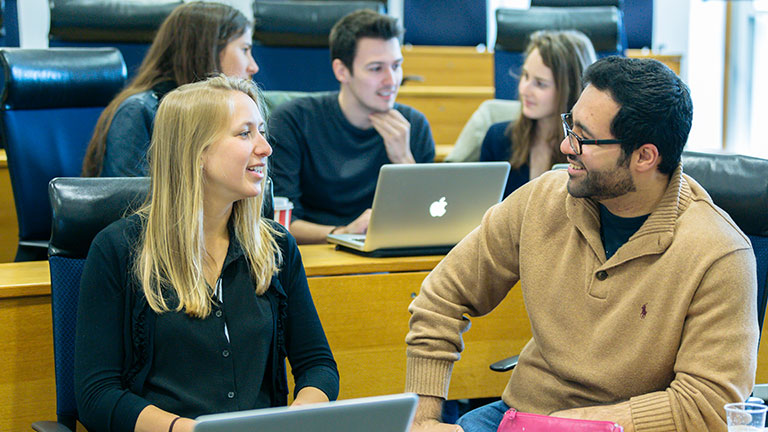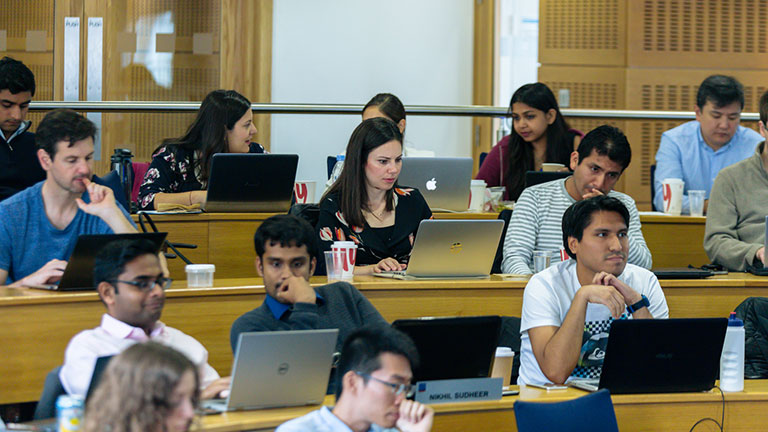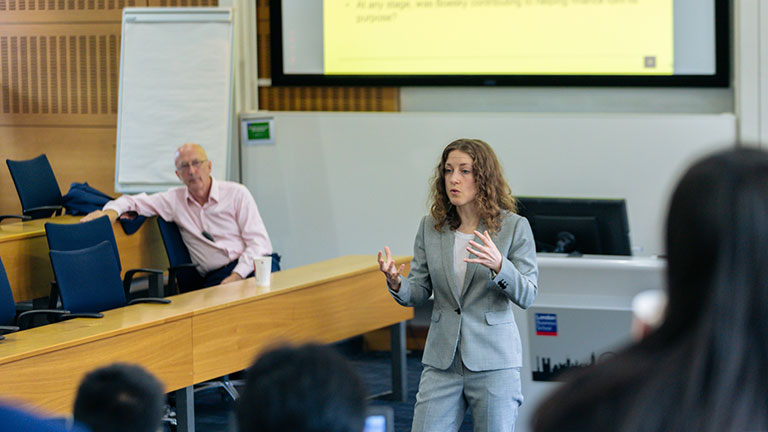Organisational Behaviour

Please enter a keyword and click the arrow to search the site
Or explore one of the areas below
From the smallest enterprise to the largest corporation, organisations are created and designed by people to fulfil human objectives.
We are a world-class research school. Our OB faculty and PhD students conduct research published in the world’s top academic journals on a wide range of topics, including:
Micro themes – the psychological principles that govern leadership, motivation, decision-making, negotiation and creativity
Meso factors – research with a focus on teamwork, group dynamics, organisational culture and personal identity
Macro themes – examining the sociological, cultural and institutional factors that shape organisational structures and systems, inter-organisational relationships and networks.




Want to know more about OB at London Business School? We’d love to hear from you. For more information please contact our Subject Area Manager, Anna Kwiatkowska